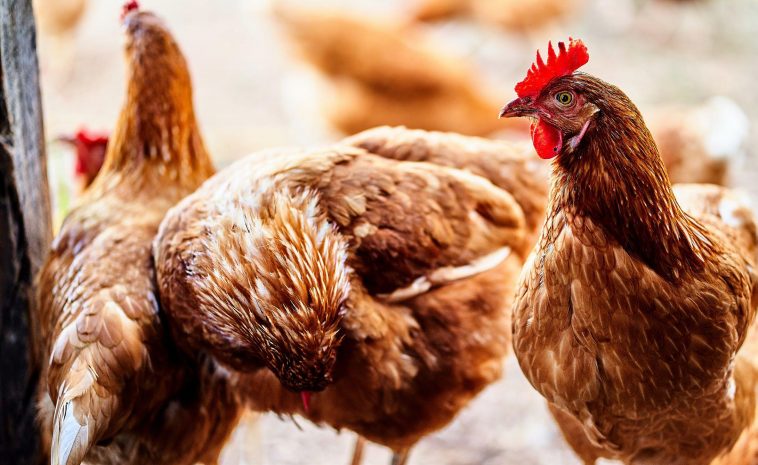As a poultry farmer, ensuring the health and well-being of your flock is paramount. Two crucial strategies for achieving this goal are biosecurity and vaccination. However, many farmers wonder: “Should I prioritize vaccination or biosecurity measures?” The answer lies in understanding the importance of both.
What is Biosecurity?
Biosecurity refers to a set of preventive measures designed to minimize the risk of disease transmission. These measures control the movement of biological organisms, restricting pathogens like bacteria, viruses, and other microorganisms. Effective biosecurity ensures disease spread is minimized, even in outbreaks. This proactive approach safeguards your flock’s health and reduces economic losses.
Vaccination: A Key Component of Biosecurity
Vaccination plays a vital role in preventing specific diseases, enabling birds to produce antibodies to fight invading pathogens. Vaccination:
1. Protects against disease outbreaks
2. Reduces disease severity
3. Minimizes economic losses
4. Enhances flock health
While vaccination is an essential part of biosecurity, it’s incomplete without proper biosecurity measures.
Why Both Biosecurity and Vaccination Matter
Adopting only one practice leaves your farm vulnerable to disease outbreaks. Biosecurity measures prevent disease introduction, while vaccination prepares birds to fight specific diseases. Neglecting either aspect compromises your flock’s health.
8 Essential Biosecurity Tips for Poultry Farms:
1. Foot baths with disinfectants (HI7 for example) at major entries.
2. Hand sanitizer use for staff and visitors.
3. Staff showers before entering and after exiting pens.
4. Dedicated, clean clothing for pen access.
5. Tire dips and vehicle sprays (HI7 or Hydrogen peroxide) for incoming vehicles.
6. Regular equipment washing and disinfection.
7. Isolate, treat, and monitor infected birds.
8. Properly dispose of infected bird carcasses (bury or incinerate).
Additional Best Practices:
1. Regularly review and update biosecurity protocols.
2. Train staff on biosecurity procedures.
3. Monitor flock health and report suspicious signs.
4. Implement quarantine procedures for new birds.
5. Maintain accurate records of vaccinations and biosecurity measures.
Conclusion:
Prioritizing both biosecurity and vaccination is crucial for optimal poultry farm protection. By implementing these measures, you’ll:
1. Minimize disease transmission risk
2. Protect your flock’s health
3. Reduce economic losses
4. Enhance productivity
Remember, “Doing your best isn’t enough; know what to do, then do your best.” Invest in your farm’s future by adopting comprehensive biosecurity and vaccination strategies.



